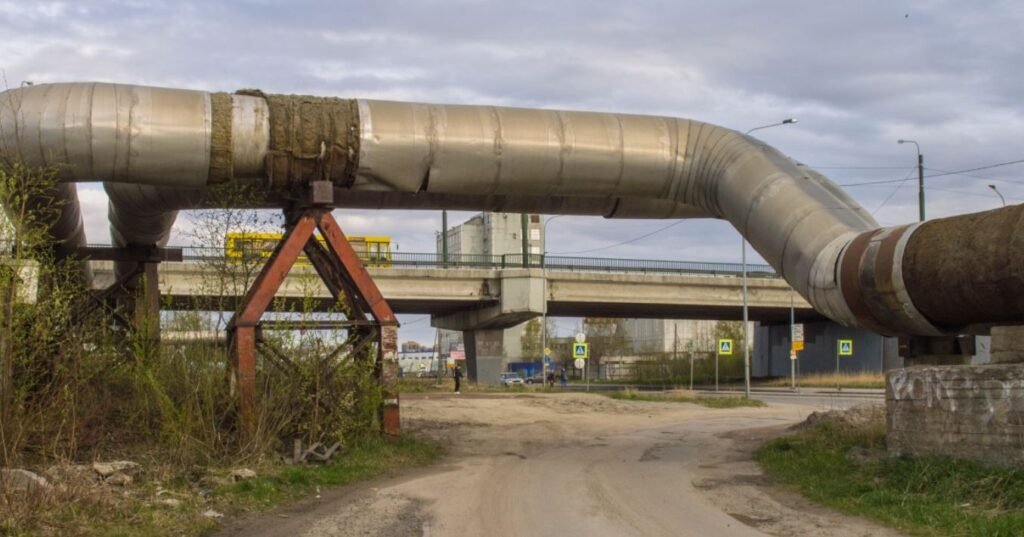The government of morocco has confirmed that the first phase of the Morocco-Nigeria gas pipeline will officially begin between late July and early August 2025. The country’s Minister of Energy Transition and Sustainable Development, Leila Benali revelaed the report and said the initial segment will connect the port city of Nador in northern Morocco to Dakhla in the south, forming a key part of the continent’s most ambitious transnational energy infrastructure.
Estimated at US $6bn, this phase serves as the foundation of the wider Morocco-Nigeria pipeline project, which is projected to stretch over 6,000 kilometers and supply up to 30 billion cubic meters of gas per year. The full project expected to exceed US $20bn in cost aims to enhance regional energy integration, stimulate development, and improve connectivity with the European gas network through the Maghreb-Europe pipeline.
Momentum around the project has increased following a series of high-level meetings held in Rabat. The sessions brought together senior executives from national oil companies across West Africa, as well as representatives from Morocco’s National Office of Hydrocarbons and Mines (ONHYM) and the Economic Community of West African States (ECOWAS).
According to officials, detailed design studies for the project were finalized in 2024, alongside the completion of environmental and social impact assessments for the northern portion. Similar assessments are currently underway for the southern stretch between Nigeria and Senegal.
READ: Azule Energy uncovers major offshore gas find in Angola’s Lower Congo Basin
Expanded regional cooperation
During the Rabat meetings, a new memorandum of understanding was signed between the Nigerian National Petroleum Company Limited (NNPC), ONHYM, and Togo’s National Gas Company (SOTOGAZ), marking Togo’s official inclusion in the project. This agreement concludes the series of bilateral partnerships required for the pipeline’s cross-border implementation.
The pipeline will follow the Atlantic coastline, running through Benin, Togo, Ghana, Côte d’Ivoire, Liberia, Sierra Leone, Guinea, Guinea-Bissau, The Gambia, Senegal, and Mauritania before reaching Morocco. It will also connect to landlocked countries such as Niger, Burkina Faso, and Mali.
To manage the multi-country infrastructure, a holding company has been established to oversee both financing and construction. The development will be divided into three segments, each managed by a dedicated project company to ensure streamlined execution across different jurisdictions. The Intergovernmental Agreement outlining the roles and responsibilities of participating nations was officially approved during the 66th ECOWAS Summit in December 2024.
Jointly spearheaded by King Mohammed VI of Morocco and Nigerian President Bola Ahmed Tinubu, the pipeline is envisioned as a driver of socio-economic transformation across West Africa. Moroccan authorities have positioned the initiative as part of a broader Atlantic strategy aimed at strengthening cooperation among countries bordering the Atlantic Ocean.
Officials believe the project could have far-reaching impacts by increasing energy access, fostering industrial growth, and enhancing Africa’s strategic leverage in the global energy market. Once completed, the Morocco-Nigeria gas pipeline will not only contribute to sustainable energy supply across the continent but also serve as a critical conduit for exporting African natural gas to European consumers, reinforcing the continent’s role in global energy security.
